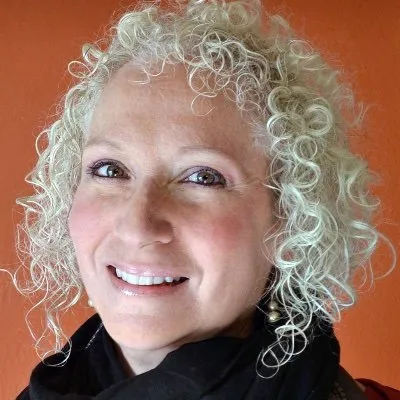Workbooks for the family in gender transition, by D. M. Maynard

Knowing your partner or member of the family in gender transition is finally able to live in the physical body that aligns with their affirmed gender can be an extremely exhilarating experience. It may bring a great sense of relief to those who love someone in transition.
There are various medical options for transwomen in gender transition to feel whole, which are all more successful when supported by their family. For example, the life-changing aspects of facial feminization surgery have become evident through the many stories of women that share a common denominator: AMAB, or “assigned male at birth.” This is due to a critical, identifiable part of each person–their face.
Basic concepts for the partner and a family in gender transition
People do not usually stop to contemplate the fact that there are clear facial attributes, which are visually understood by others to determine if an individual is perceived, stereotypically, as feminine or masculine. In most cultures, the shape of a person’s jawline, nose, forehead, lips, cheeks, chin, Adam’s apple, eye and eyebrow placement may all play a role as to how someone is seen in relation to the gender binary (male or female). When these facial features do not align with the person’s gender identity, issues with dysphoria may ensue, common for those who identify as TNBI (Trans, non-binary, intersex).
To compound the complexity, others in society frequently have difficulty perceiving “gender-queer” people in their true identity, despite growing evidence that gender identity is a diverse spectrum, not just the binary of masculine or feminine. Therefore, for many transfeminine people, facial feminizing procedures form an important part of gender-affirming healthcare– in order to be both safe in public and to feel comfortable with themselves.
Challenges for partners: finding support for all members of a family in gender transition
As sympathetic as partners and families in gender transition may be, various aspects can be challenging for these same individuals. Friends and family members have expressed feelings of confusion, loss, and even grief as their loved one transitions. These struggles may be deepened further once medical interventions are part of the process. Partners and families of those in gender transition have spoken of not being able to immediately recognize their loved ones after gender-affirming operations, which can be very disorienting for them.
While acknowledging the necessity for these physical transformations in order for those in transition to live in their affirmed gender, partners and family members may seek help adjusting to these changes. However, most resources for the transgender community focus on the person in transition. When and if guides do acknowledge the support network involved in gender transition, these materials usually suggest how friends and family members can be helpful to the individual in transition, but do not delve into the issue of their own needs. Partners and families have stated that they are often left searching for guidance and a space to share their voices, for they are frequently experiencing their own form of transition as those they love transition.
Practical workbooks for the partner and family in gender transition
For these reasons, two workbooks were created to address the requests of both partners and family members. The Reflective Workbook for Parents and Families of Transgender and Non-Binary Children: Your Transition as Your Child Transitions, will be released in July of 2020. Currently, The Reflective Workbook for Partners of Transgender People: Your Transition as Your Partner Transitions, is now available through Jessica Kingsley Publishers. This landmark workbook for partners provides a private place to process all of their emotions and questions while remaining considerate of their family member in transition. This unique self-help resource focuses on the partner’s perspective and parallel journey. By lending the support and structure needed for partners to reflect, this workbook helps navigate the expected or unexpected aspects of transition that can affect both the lives of those in transition and that of their partners.
Offering an essential tool, this workbook gives guidance and advice specifically designed for this situation, alongside activities, quizzes and personal anecdotes. The wisdom imparted within combines portions of the author’s self-exploration as the partner of someone who began to transition after 17 years of being in their relationship with the experiences shared in partner-oriented workshops over the years. The content examines the challenges, uncertainties, and possible grief some partners experience throughout the transition process. With space for responding to reflective questions and a glossary, this workbook gives partners a safe haven to discover their own wants and needs. The volume is a valuable resource for couples as well as social workers or psychologists involved with the TNBI community.
Insights from an experienced partner of a family in transition
D. M. Maynard has been an educator in New York for more than thirty years. She has used her expertise in teaching to create workshops and present internationally. Her hope is to empower the voices of families of gender diverse children and the partners who are in a relationship with individuals questioning their gender or now identify as transgender and/or non-binary as they navigate their own journeys. Like to hear more? Follow the author on Facebook and Twitter: @DMMaynard1
The seeds of this guest post were planted thanks to Christie Block, Speech-Language Pathologist, at the Philadelphia Trans Wellness Conference in 2019.
If you like to learn more about the role and experience of partners of patients in the FFS process? You may be interested in the experience of the young couple below who visited Marbella in 2019. Lindsey is the girlfriend of Facialteam patient, Lauren.

